Don't leave empty-handed!
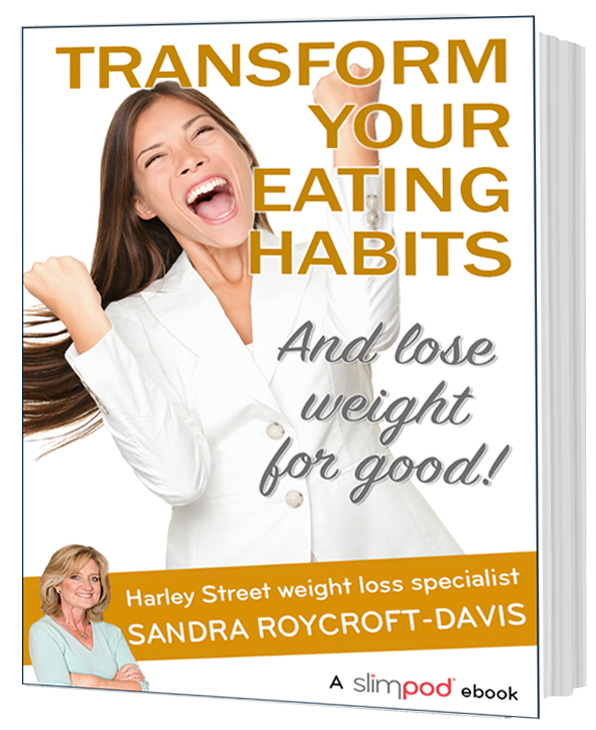
Free Ebook explains how to be
your own weight loss guru
Where should we send it?
100% privacy guaranteed! We won’t share your details with anyone

HERE are 10 healthy foods which you should be eating instead of processed stuff that’s packed with added sugar. In his book The Pioppi Diet (based on the lifestyle of villagers in Italy) heart specialist Dr Aseem Malhotra says:
“What we put in our mouths every time we eat can either confer wellness or or contribute to a ticking time bomb of chronic disease and early death.”
Dr Malhotra says he advises his patients to avoid anything that’s marketed in the shops as “healthy” – “because it’s likely to have the opposite effect on your health.” Very often low-fat products have many teaspoons of added sugar in them, so avoid them unless you want to mysteriously put on weight.
Try this top ten of genuinely good food choices instead.
Two to four tablespoons a day reduce inflammation and when combined with ample helpings of vegetables, prevents high blood pressure. Pure olive oil also prevents cholesterol particles from becoming damaging and control blood sugar spikes after eating. In fact, it’s an all round elixir of good health. Just make sure you invest in a quality brand – the extra you pay will be well worthwhile in terms of the health benefits.
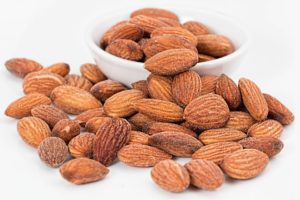
A wholesome and highly nutritious whole food packed with monounsaturated fats and powerful health benefits. Nuts help lower cholesterol levels, reduce inflammation and control blood sugar levels. You’ll find more very high quality fibre in a handful of nuts than in any wholegrain breakfast cereals. Almonds are especially good, but walnuts and hazelnuts are recommended too.
Eat plenty of broccoli, cauliflower, courgettes, aubergines, onions and sweet potatoes.
Broccoli has the highest concentration of immune-boosting vitamin C of any vegetable and is packed with folate, vitamin K and calcium.
Cauliflower is a great substitute for white rice when it’s blended, is high in vitamin C and contains magnesium, phosphorus, thiamin and vitamin B6.
The peel of a courgette is rich in soluble fibre and makes a great substitute for spaghetti. It also contains potassium which helps counteract high blood pressure,
Aubergines are full of anti-oxidants and have been found to protect brain cell membranes. Onions are high in flavonoids, which are known to protect against heart damage and reduce blood pressure.
Sweet potato contains more fibre than a white potato and produces less glucose in the blood stream. Here’s the good news – the flesh is packed with carotenoids which help keep your skin tight and healthy.
One warning: if you are type 2 diabetic, don’t have more than two portions of sweet potato a week.
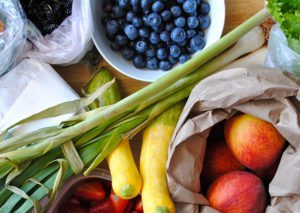
Here the ones to go for are tomatoes, avocados, apples and berries.
Tomatoes contain lycopene, which has been linked to reduced incidence of heart disease and cancer. Avocados are one of the most nutrient-dense low sugar fruits and contain almost 20 vitamins and minerals as well has having one of the highest fibre contents of any fruit.
Many studies have demonstrated that regular consumption of apples reduces the risk of dementia. Research suggests that an apple a day is as effective as statin drugs in preventing heart attack or stroke in those aged over 50.
Blueberries, blackberries and raspberries are all rich sources of flavonoids which are very beneficial for the health of your heart as they help protect the inner linings of blood vessels and reduce blood pressure.
Garlic is rich on anti-oxidants and is enriched with vitamin B6, vitamin C, selenium, manganese, phosphorous, iron and copper. Why buy expensive supplements when you can eat a clove of garlic a day – how about using it to give a bit of a kick to a salad?
Ginger is packed with the essential nutrient manganese, which plays an important role in maintaining a healthy bone structure. Turmeric offers anti-inflammatory activity and combines with enzymes to break down fatty acids.
Basil has been used in herbal medicine for centuries for infections of the intestinal tract. Cinnamon is traditionally used to stimulate circulation and ease bloating.
Eat fish at least three times a week. You’ll get high-quality protein, iodine, vitamins and minerals galore and Dr Malhotra says: “Fatty fish are top of the pile when it comes to heart health.”
Oily fish are the most superior source of omega-3 fatty acids. So go for salmon, mackerel, sardines and anchovies (all fresh, not processed or tinned).
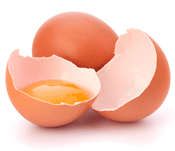
Dr Malhotra recommends a minimum of 10 a week because they contain all nine essential amino acids and the longest list of nutrients, vitamins and minerals you could imagine.
Eggs are a complete protein source with unique health benefits. There is no correlation between egg consumption and heart disease – in fact, eggs have been shown to reduce the risk of cardiovascular disease.
Look for higher quality pasture-raised or organic eggs because they have a superior omega-3 fatty acid profile than battery hens’ eggs.
Yes, dark chocolate in its most natural form has health benefits when eaten in moderation. Look for a bar which is 85 per cent cocoa solids or more and eat a max of 30g a day (or one tablespoon of raw cacao powder).
Dark chocolate lowers blood pressure and improves insulin sensitivity among a range of significant proven health benefits.
Coconut is a healthy high fat wholefood option so trying cooking with coconut oil and even putting a teaspoon in your coffee! People on Pacific islands who get more than 50 per cent of their calories from coconuts have a much lower incidence of heart disease than any modern Western society.
Dr Malhotra recommends you enjoy full fat Greek yoghurt, eat cheese and cook with grass-fed butter. Fermented dairy products have a very high quality nutrient composition, especially if the cows were fed on grassland.
Many studies have shown the health benefits of full fat dairy consumption – including a 60 per cent lower risk of developing type 2 diabetes. But beware of low-fat yoghurt because it’s usually high in added sugar.
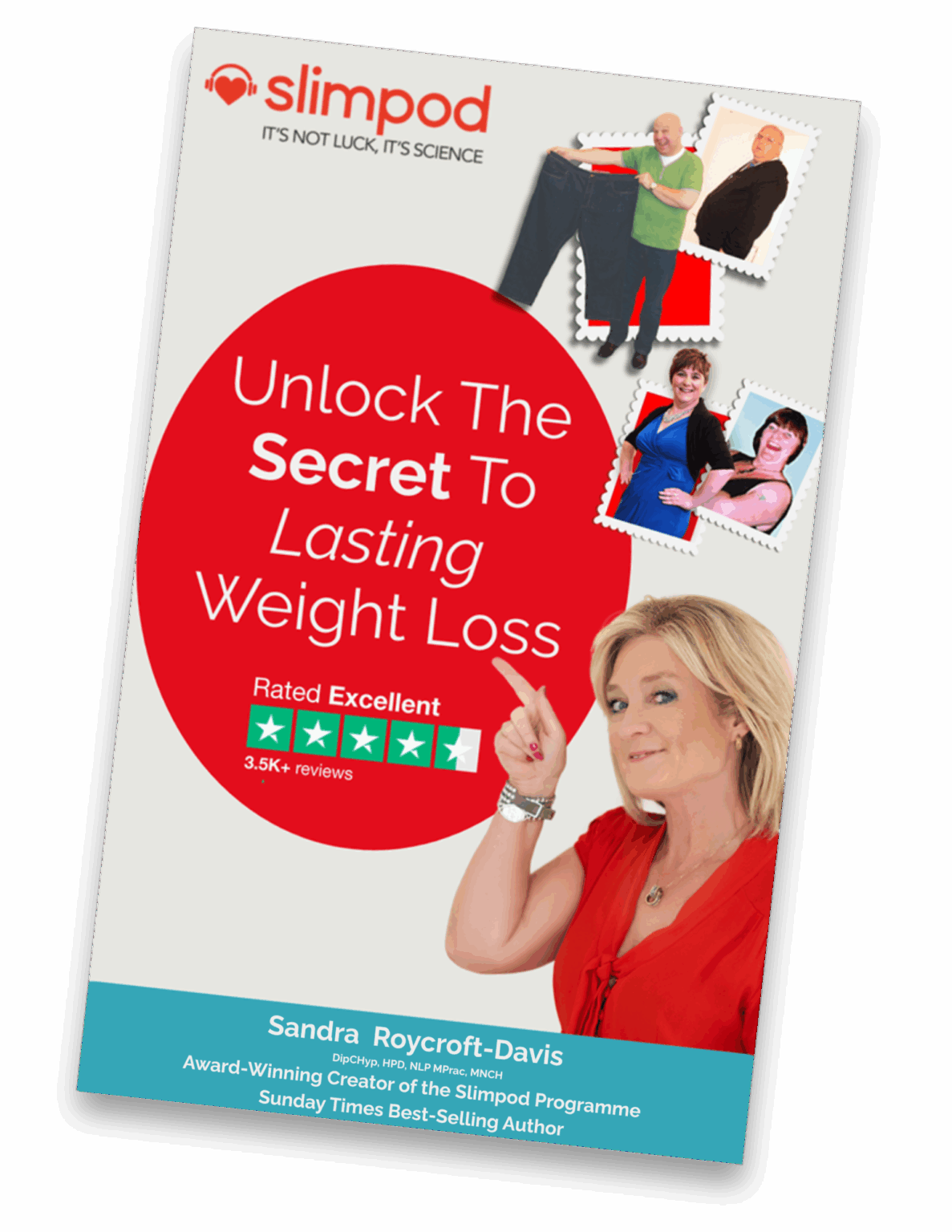
Free ebook explains how to be your own weight loss guru

100% privacy guaranteed! We won’t share your details with anyone
Be the first to know when we launch and get a special discount
Fill out the form below and the Slimpod team will get back to you within 24 hours.